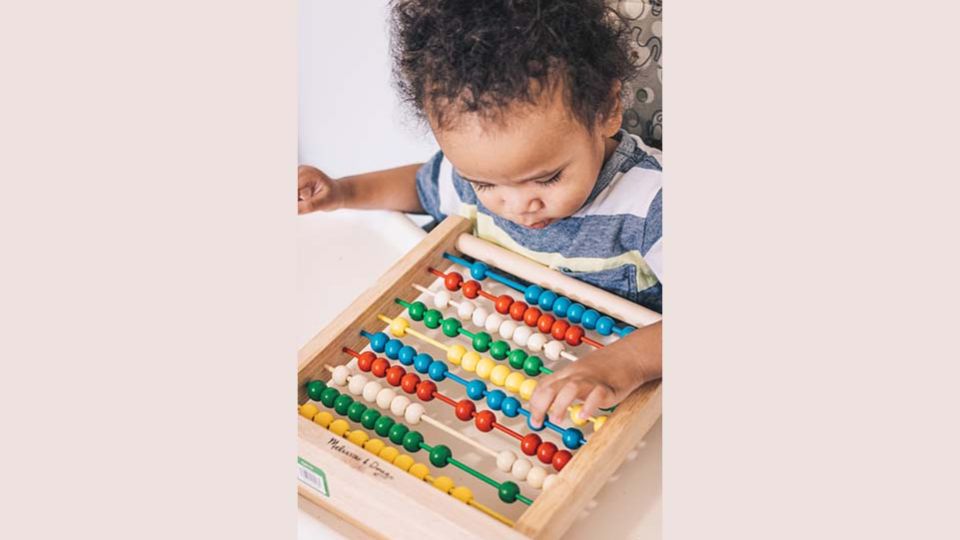March 28, 2025
THIMPHU – The Prescription to Play (P2P) initiative is reshaping early childhood development, offering young children, particularly those from disadvantaged backgrounds, access to play-based learning crucial for cognitive and social growth.
Launched by the Ministry of Health in partnership with Save the Children, the programme targets children under three, addressing developmental gaps by training health assistants to guide caregivers in responsive play, positive discipline, and improved nutrition.
A recent report on the programme highlights its impact, revealing that before implementation, 21 percent of Bhutanese children under five were stunted, only six percent had access to play materials at home, and half of preschool-aged children lacked adequate parental engagement in playful activities.
Since the programme’s introduction, trained health assistants have demonstrated an 85 percent increase in their understanding of child development, playful parenting, and positive discipline.
Observations showed that the quality of sessions they delivered was generally high, with health assistants introducing and demonstrating new play techniques to caregivers.
Three-quarters of surveyed health assistants reported feeling confident in leading playful parenting sessions after nearly a year of implementation.
An interesting finding was that the programme led to increased caregiver engagement, particularly among fathers. In areas where P2P was implemented, fathers’ participation in caregiving activities increased by 11.4 percent compared to areas where the programme was not introduced. Among fathers who attended four or more sessions, the increase was even more pronounced at 24.3 percent.
Fathers became more involved in activities such as playing, singing, bathing, and feeding their children, contributing to more enriched home environments.
The initiative also led to improvements in home environments, with a 7 percent rise in the availability of play materials and more frequent stimulation and socialisation activities for children.
Caregivers who participated in multiple sessions demonstrated even greater improvements. Female caregivers, for instance, showed a 10.5 percent increase in their knowledge of child development, while their ability to recall key playful parenting messages improved by nearly 38.5 percentage points.
Many caregivers reported that the sessions provided them with practical strategies for engaging with their children, even with limited financial resources. Simple activities such as storytelling, using household objects for play, and encouraging exploration were widely adopted.
Despite these positive outcomes, the report states that no direct causal impact on child development could be confirmed due to challenges in measuring developmental progress and variations in caregiver participation.
However, the findings underscored that strengthening caregiver engagement is key to fostering early childhood growth.
The report highlighted the importance of sustaining the programme by integrating it more deeply into the country’s national healthcare system.
The report recommended increased awareness campaigns to encourage broader participation, continuous training for health assistants, and regular refresher courses to ensure high-quality programme delivery.
“Supporting early childhood development through structured interventions can have lasting benefits for children and their families, shaping a brighter future.” Stated the report.


